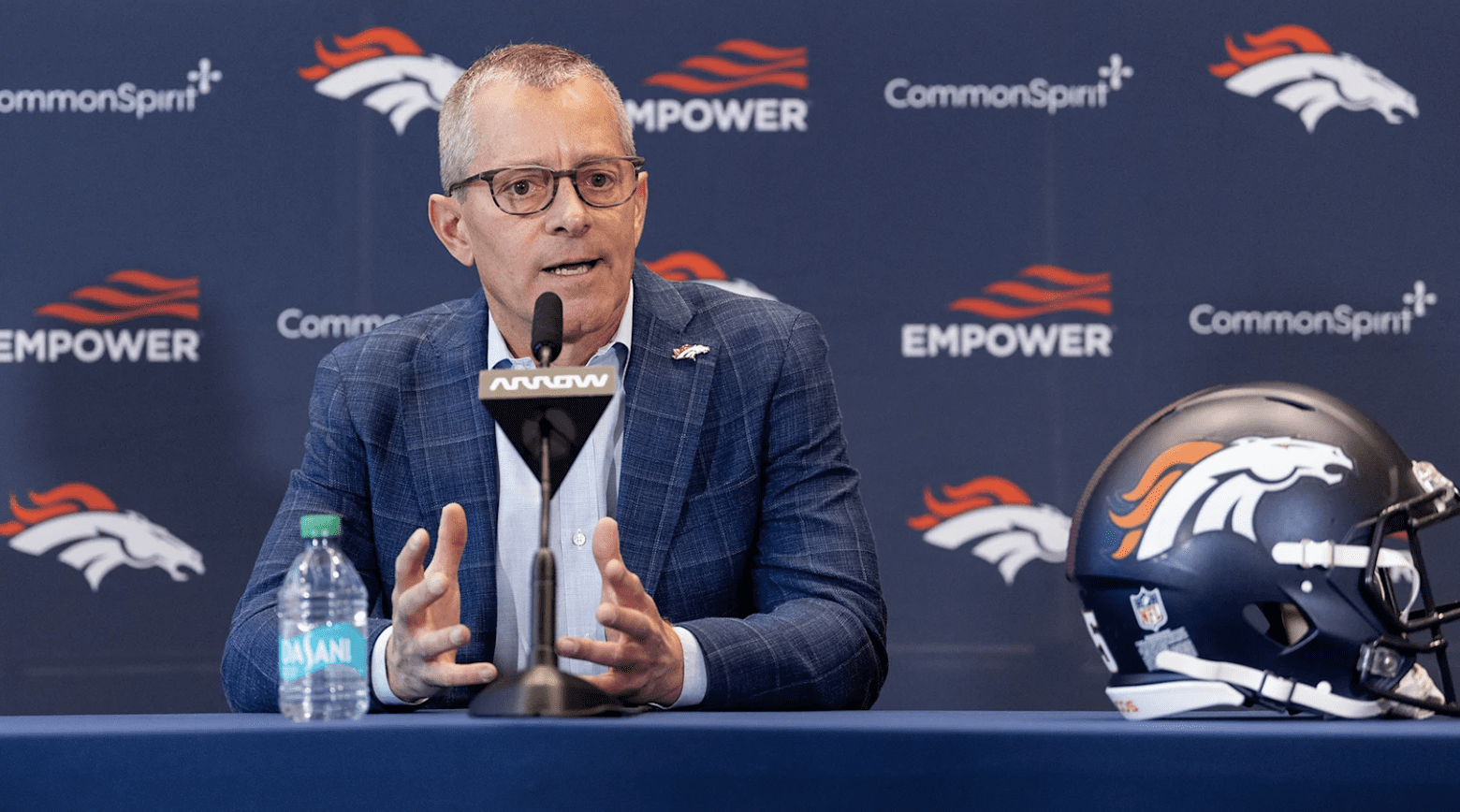Peter Speiser, CPA, MBA, joined GH Phipps Construction Companies in April 2024. With 17 years of A/E/C industry experience, Peter is a greatly talented executive with a proven track record for effectively managing the financial interests of several reputable companies within the construction industry.
How did you get into the A/E/C industry?
Our industry is full of opportunities and there are many paths. Early in my career, I was involved from the owner’s side in various construction projects. I participated in the contractor and owner’s representative selection processes, arranged project financing, helped make design decisions, participated in OAC meetings, and so on. Then, in 2006, an incredible opportunity presented itself on the contractor side. I like to think they were looking for a new approach to the finance function, and my diverse background and experience aligned well with that vision.
You’ve been in the A/E/C industry for 17 years; how have you seen the role of CFO evolve over time?
It’s not just the CFO role that’s evolved. The evolution in all roles is allowing the CFO to expand his or her knowledge, influence, and leadership. Those in Operations are well versed in finance, accounting, risk management, organizational development and human resources, information technology, and all other areas that had historically fallen under the CFO’s oversight. So, while specialization is still necessary in these areas, the expansion of Operations’ knowledge has allowed the CFO to also grow. Some of the challenges today that require more of the CFO’s focus include the increasing levels of risk being transferred to the general contractor and subcontractors. The evolution is away from being a gatekeeper of the risk function and toward continuous education for those responsible for managing the risk. This same evolution is taking place in each of the functions historically overseen by the CFO.
What aspect of your profession do you find the most interesting? Most rewarding?
Construction is one of the unique industries that’s capable of creating wealth and financial security for anyone who chooses it as a career. Individual financial success in our industry can be achieved by working hard and intentionally focusing on expanding one’s skills. Regardless of one’s education level or socio-economic background, a career in construction can allow one to provide for oneself and family, and an enjoyable life after retirement. That’s a powerfully rewarding thing to be a part of.
What’s the biggest lesson you learned professionally from the pandemic?
Great question, and to answer it I have to say it was applying the lesson learned during the “Great Recession”. When the markets evaporated and projects cancelled nearly overnight, there was a tendency to watch the news for some sign things had hit bottom and all would return to normal soon. After three months of worsening news and of enormous backlog loss, we realized that being an observer was not going to do any good. So, when the pandemic was coming into focus, we knew we had to take immediate action and lead proactively.
You’re involved in a number of non-profit and not-for-profit organizations. What’s the most fulfilling aspect of investing your time with these groups and describe a particular project or effort you’ve had a hand in that you’re most proud of.
That’s a tough one. I’ve found each organization has its own rewards. Some organizations have great missions and really need the kind of help I’m able to provide. Some have great people and I enjoy being a part of the group and learning from them. And some helped me and my family, and I want to give back in thanks. So, picking the most fulfilling is difficult. Pushed to choose just one, I’d say it’s paying tribute to everyone who’s help me. The board I’m most proud of is the Monfort College of Business at University of Northern Colorado. This is a group of entrepreneurs, fund managers, accountants, Presidents and CEOs, HR and IT professionals, marketers, CFOs and other highly successful and passionate professionals who are dedicated to the success of future business leaders. I can’t say enough about the positive impact this board and UNC are having on business education in Colorado.
What drew you to join GH Phipps?
The thing that sets GH Phipps apart from the other wonderful companies I’ve worked with over my career is the level of inspiration I feel being here. GH Phipps a great builder, we have a rich history with deep community roots, we care for and about one another, there are plenty of opportunities for growth and recognition, we’re strong financially, and enjoy a legacy of great leadership.
As CFO and member of GH Phipps’ executive team, what do you think is the most important thing to focus on in the next 5-10 years to meet the needs of the company’s employees?
In his book, “The 21 Irrefutable Laws of Leadership,” John Maxwell talks about the Law of Navigation. Navigating the whirlwind of the changing business environment will take a lot of discipline and fresh ways of doing things. So, the most important things for our leadership team to focus on is not letting circumstances prevent us from seeing the big picture, drawing on our collective experiences, understanding conditions by listening to diverse sources, and finding a balance between facts and intuition.
Discuss project financing in the Denver market, based on your expertise. What trends in 2024 do you see carrying into next year? What challenges/opportunities?
I wish I could shed some light on this beyond what most of the Mile High CRE readers already know. The prime rate is over 8 percent which is really high if you’re 30 to 40 years old. But if you’re in your 50s, you’ve spent about half your career in this type of rate environment, and if you’re in your 60s, 70s and 80s, these rates are on the lower end in the grand scheme of things. Still, I’m not seeing many deals being done with traditional bank financing. Most deals have been and continue to be financed through private funds or are internally financed. The challenge for the construction industry remains to be how well the contractor can know the client and vice versa. The contractor / owner interdependence is as strong as it’s ever been, so knowing who you’re doing business with is essential.
What’s ahead for GH Phipps for the remainder of this year and into 2025?
We have a lot going on. Externally facing initiatives will be firmed up later this summer during our strategic planning process, so I can’t say much about those today. Internally facing, we have a huge technology push with a new accounting system, expanding our use and functionality of Procore, and expanding our Human Resource Management tool, among several other technology initiatives. We’re also renovating each of our three Colorado offices and continue to round out our leadership team.








